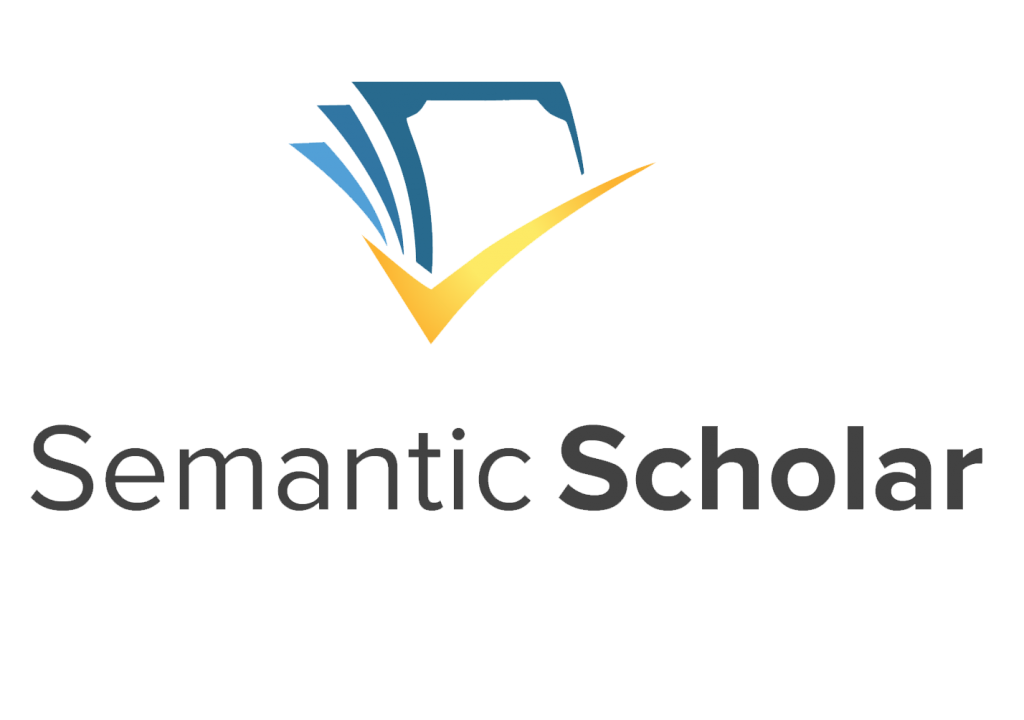Sustainable Food Revolution: The industry 5.0-Permission Marketing Convergence
DOI:
https://doi.org/10.61778/ijmrast.v2i11.94Keywords:
Sustainable food revolution, Industry 5.0, Permission Marketing, IoT sensors, AI-driven analyticsAbstract
The integration of Industry 5.0 technologies and permission marketing offers transformative opportunities for advancing sustainable practices in various industries, including food production. Industry 5.0 emphasizes human-machine collaboration, leveraging robotics, AI, IoT, and blockchain to enhance efficiency, transparency, and sustainability. Permission marketing complements these technologies by fostering trust and consumer engagement through opt-in communication, transparency, and personalization. In sustainable food production, Industry 5.0 enables precision agriculture, optimized supply chains, and waste minimization. Key technologies such as IoT sensors and AI-driven analytics provide actionable insights for resource conservation, while digital twins and predictive analytics streamline operational planning. Blockchain ensures traceability and accountability, empowering consumers with verifiable information about sourcing and sustainability practices. Moreover, renewable energy integration further underscores the environmental responsibility of Industry 5.0 by reducing carbon emissions and promoting energy efficiency. Permission marketing enhances these efforts by creating platforms for transparent, personalized communication with stakeholders. Opt-in systems and tailored messaging build trust, while educational campaigns empower consumers to make informed choices about sustainable products. Feedback mechanisms foster collaboration, aligning sustainability initiatives with stakeholder expectations. The convergence of Industry 5.0 and permission marketing not only addresses environmental challenges but also aligns with evolving consumer expectations for ethical practices. This integrated approach fosters trust, optimizes resources, and strengthens stakeholder relationships, presenting a robust framework for achieving long-term sustainability goals. Embracing these innovations is essential for creating resilient systems that balance productivity with ecological and societal responsibility.
Downloads
Published
Issue
Section
License
Copyright (c) 2024 International Journal of Multidisciplinary Research in Arts, Science and Technology

This work is licensed under a Creative Commons Attribution-NonCommercial 4.0 International License.












